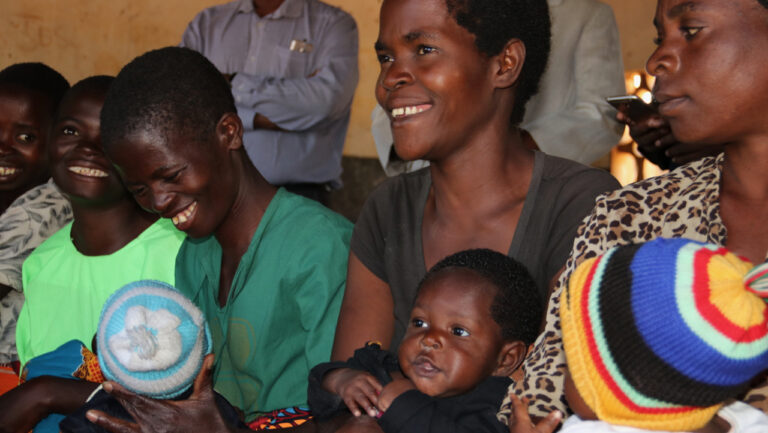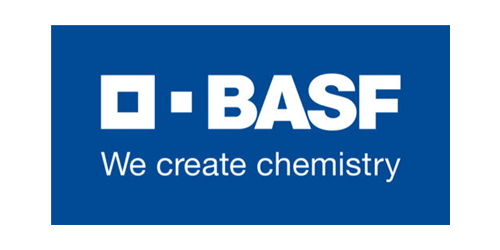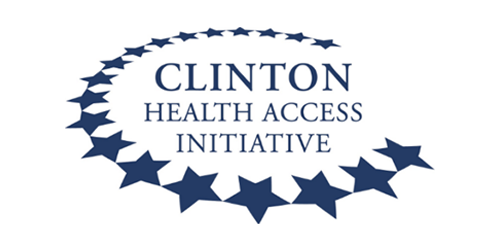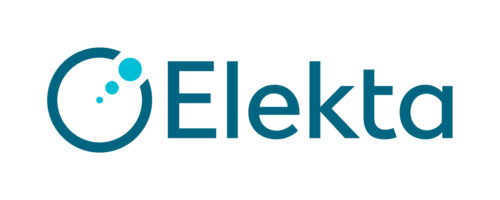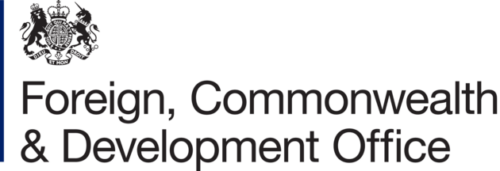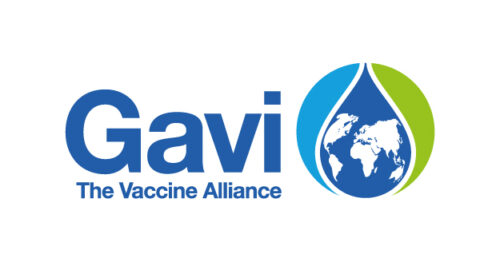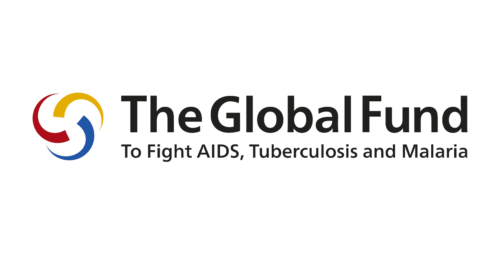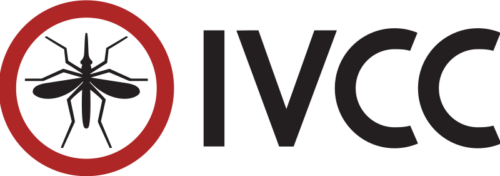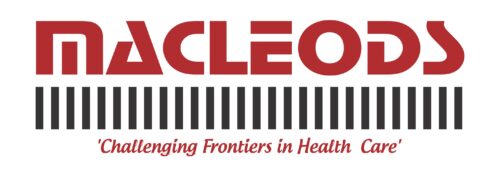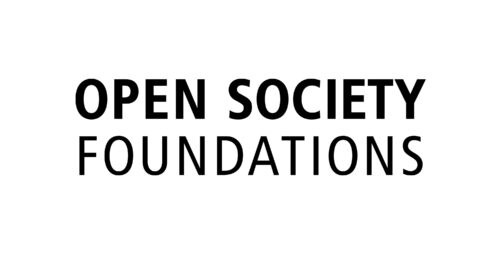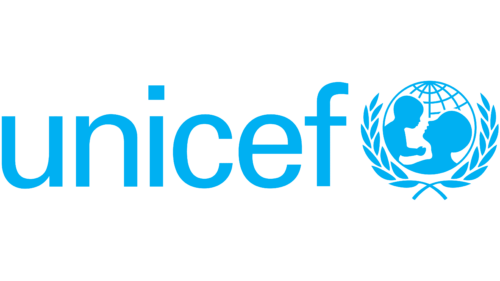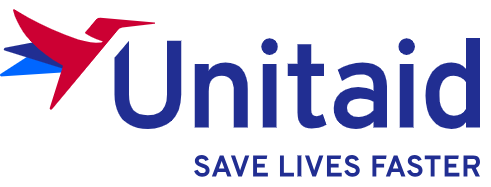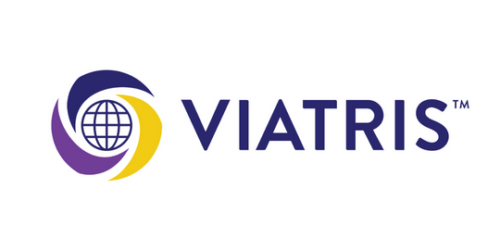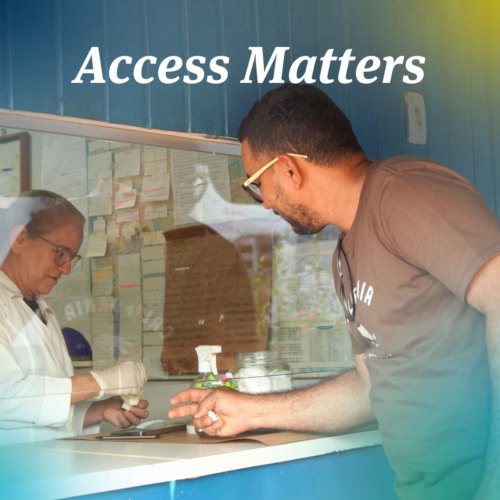Gavi, MedAccess and GlaxoSmithKline join forces to guarantee continued production of the RTS,S antigen for the RTS,S/AS01e malaria vaccine ahead of key policy and funding decisions.
Gavi, the Vaccine Alliance, GlaxoSmithKline (GSK) and MedAccess today announced an innovative financing agreement to guarantee continued production of the antigen for the RTS,S/AS01e malaria vaccine in advance of key decisions regarding its roll-out.
The RTS,S/AS01e vaccine – the first malaria vaccine to be proven safe and effective in a large Phase 3 clinical trial – is currently being piloted in routine immunisation programmes in Ghana, Kenya and Malawi, through the Malaria Vaccine Implementation Programme (MVIP). The World Health Organization (WHO) is expected to decide later this year whether to recommend the vaccine for broader use based on data emerging from the MVIP. The Gavi Board will then decide whether to finance a new malaria vaccination programme for countries in sub-Saharan Africa. Following its investment of around US$ 700 million in the development of RTS,S,GSK has donated up to 10 million doses for the ongoing pilot programme.
In advance of the key decisions from WHO and Gavi and to address the associated uncertainty around future demand, Gavi, GSK and MedAccess have developed an innovative financing solution to ensure continued manufacturing of the vaccine antigen so that it will be immediately available should there be a positive decision to move forward.
Gavi will fund GSK’s continued manufacturing of the RTS,S antigen for a period of up to three years. If the Gavi Board decides to approve a malaria vaccination programme (following a positive WHO recommendation), GSK will credit the value of the Gavi-funded costs towards procurement of finished doses for the Gavi-supported programme. If the Gavi Board decides not to open a funding window for a malaria vaccination programme, MedAccess will replenish Gavi for the majority of costs incurred to that point.
This arrangement will ensure that vaccine doses made from the production of Gavi-funded bulk antigen can be supplied rapidly after a potential WHO vaccine recommendation and Gavi financing decisions. This will help accelerate vaccine access, if a programme is approved, by avoiding the long production ramp-up phase that would occur if GSK had to restart the dedicated antigen production facility.
A MedAccess analysis estimates that this continuous manufacture agreement could catalyse the vaccine reaching up to 7.5 million more children than would otherwise have been possible if there was a production delay.
“Malaria kills over a quarter of a million children every year; this vaccine has the potential to have a real impact on this toll,” said Dr Seth Berkley, CEO of Gavi, the Vaccine Alliance. “That’s why it is vital that we keep production lines running while waiting for important decisions around its use in African populations. This is innovative financing at its best: tackling risk and uncertainty to ensure access to what could be an important additional tool in the battle against malaria.”
“In 2020 we saw that risk-taking finance can accelerate the journey of new vaccines to market,” said Michael Anderson, CEO of MedAccess. “The same idea is at work in this agreement, where smart finance can unlock and secure access to an important product at faster pace. This unique partnership is a prime example of how science, public health expertise and innovative finance can combine to save lives.”
Thomas Breuer, Chief Global Health Officer, GSK, said: “Reaching an agreement to support continuous production of RTS,S bulk antigen is a significant achievement built on a unique funding solution and I congratulate all of the partners involved. Continuity of RTS,S manufacturing now will be crucial in how quickly we can offer malaria protection once WHO, Gavi and implementing countries agree to scale up demand.”
Separate to this agreement, GSK and Bharat Biotech of India will continue activities related to the antigen tech transfer to Bharat Biotech, which will become the sole supplier of the vaccine in 2029, an agreement announced by GSK, Bharat, and PATH earlier this year. GSK will ensure the continuous production of the adjuvant (AS01e).
A Phase 3 trial conducted over 5 years from 2009 to 2014 found that among children aged 5–17 months who received four doses of RTS,S/AS01e, the vaccine prevented approximately 4 in 10 (39%) cases of malaria over 4 years of follow-up and about 3 in 10 (29%) cases of severe malaria, with significant reductions also seen in overall hospital admissions as well as in admissions due to malaria or severe anaemia. The vaccine also reduced the need for blood transfusions, which are required to treat life-threatening malaria anaemia, by 29%.
RTS,S/AS01e is currently being piloted in three African countries (Ghana, Kenya, Malawi) and, despite COVID-19, has achieved and maintained high coverage levels. As of July 2021, two years after the start of vaccinations, more than 2 million RTS,S/AS01e doses have been administered across the three countries and more than 740,000 children have been reached with at least one dose of vaccine.
Ministries of Health are leading the implementation of the vaccine, which is being delivered through routine immunisation programmes, with WHO playing a coordinating role, working in collaboration with GSK, PATH, UNICEF and a range of other partners. The programme is funded by Gavi, the Global Fund and Unitaid, with doses donated by GSK, and was designed to address several outstanding questions related to the public health use of the vaccine following the Phase 3 trial.
